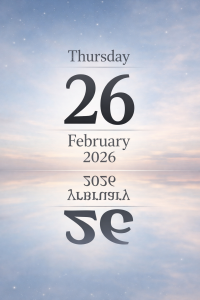When you’ve taken the time to write something, whether it’s an article in a local town magazine or on your website, and then find it’s being used by someone else without your consent, it can feel quite upsetting. Copyright infringement and plagiarism can be frustrating and concerning. Here are some steps you can consider taking to address the situation:
- Contact the Person: Reach out to the person who copied your work and ask them to remove or credit your content. They may not be aware that what they did is wrong, or it could simply be a misunderstanding.
- Gather Evidence: Collect evidence that proves your work was copied. This could include screenshots of your original content and the copied content, timestamps, and any communication you’ve had with the person in question.
- Check the Platform’s Policies: If the infringement occurred on a social media platform or website, review their policies on copyright infringement and plagiarism. Most platforms have mechanisms in place to report such violations.
- File a DMCA Takedown Notice: Some countries allows copyright holders to request the removal of infringing content from websites and online platforms. Here is a link to a site with further information on this:
https://www.dmca.com/Takedowns.aspx?ad=xtkdnnukDTOwrd&gad=1&gclid=CjwKCAjwu4WoBhBkEiwAojNdXqlH88m4jp-kRbm4vxMvQktH5nvyHlkX-yVXjLj9PaG8ZI5kM_UJoBoCfuQQAvD_BwE - Take Legal Advice: If your contact someone who has infringed your copyright and they refuse to engage with you or you believe your work has been significantly harmed, you can consult with a lawyer who specializes in intellectual property and copyright law. If you’re a member of the FSB, book a call with the legal team – it’s free as part of your membership.
- Protect Your Work in the Future: You can look to protect your content, such as watermarking images with your name/company name, using licenses like Creative Commons, or making your content private or accessible only to a select audience.



